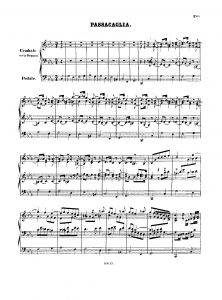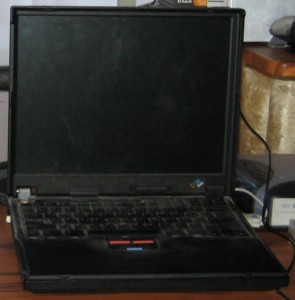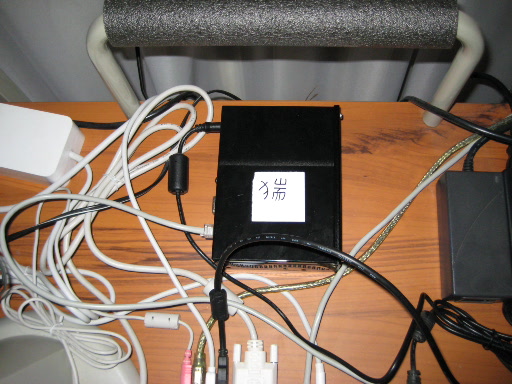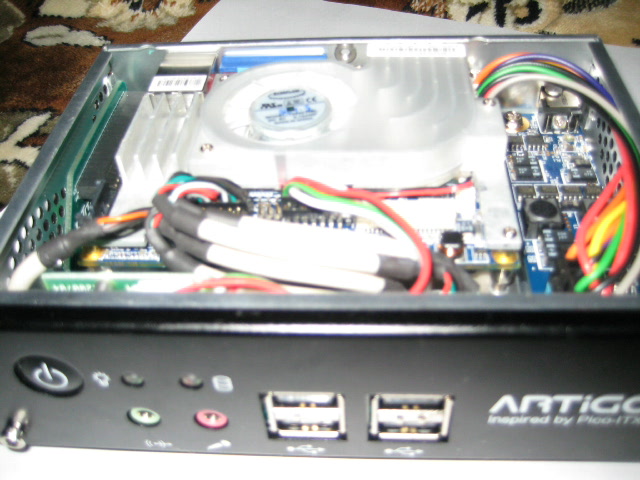Today (new style, otherwise it’s March 21st) is 325 years since The Composer was born.
While there are many composers — gifted, talented, geniuses — there was only one Composer who wrote Music. This Music deserves a capital letter because while it was originally written for certain instruments it is actually can be played on virtually everything (and it’s de facto test for new instruments). While it was a common practice for Baroque music to re-arrange music for whatever instruments were available, this Music can be translated to be played on almost any other instrument — usually exercising all possible sounds that instrument (and player) can provide.
Here is one example (violinist test is even more obvious):
I’m not into music (I don’t play any musical instruments nor even know the musical notation beyond “it’s notes”) but I can value music by certain parameters. Two main factors for me are complexity (here it’s explained formally) and melody. The stuff you can hear on radio here usually lacks both. Contemporary instrumental music usually lacks one of this (yes, it’s mostly either total cacophony to my ears or melodic and quite primitive). And I don’t think it’s a coincidence that I both like to program and reverse-engineer and to listen how melodies get intertwined together, how quite simple tunes form one big piece of music, how the whole theme changes both logically and unpredictably at the same time.
Without The Composer’s Music this world would be much crappier and there would be significantly less happiness. And while 2010 is Chopin Year, every March is The Composer’s month.



